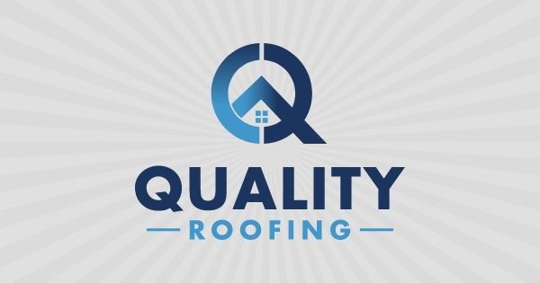Whether you’re buying or selling a house, updating your homeowner’s insurance, or preparing for the hurricane season, a roof certification inspection gives you peace of mind knowing that your roof is in good condition and meets or exceeds local or state building codes. An inspection can also help prevent your homeowner’s insurance policy from being canceled or your rates from increasing.
A certification goes a step further than a roof inspection in that it provides documentation of the inspection that you can provide when needed. The safety and stability of your roof are important factors in determining its value and stability. Therefore, if you haven’t scheduled an inspection lately or don’t know if you have a roof certification, it should be on your to-do list.
What Is a Roof Certification Inspection?
A roof certification is a document that confirms that a licensed roof contractor in Florida has inspected your roof. The document establishes that the roof is free of flaws and is guaranteed to last for the duration stated in the certificate. It can act as a warranty for roof repairs or upgrades. Roof certifications are available in increments ranging from 2 to 5 years.
When buying or selling a home, it is important to ask who last inspected the roof and if it has been certified since home inspectors usually don’t complete a thorough roof evaluation. If you are selling a home, a certification can be a great selling point, since the roof is usually a make-or-break item in a home sale.
Who Needs a Roof Certification Inspection?
There are various situations in which you will need a roof certification.
Updating Your Homeowner’s Insurance
After your roof turns 20 years old, insurance companies become increasingly interested in the condition of the roofing system. This is especially true in areas of Florida, where hurricanes are a major threat. An insurance company may request certification for an old or outdated roof.
After a Hurricane
Although it is not common, your insurer may request a roof certification after a hurricane has passed through the area. For instance, if you have not reported any roof maintenance to your insurance company and a hurricane hit your house, the insurance company may request an inspection certification to determine whether they want to continue insuring your house.
Buying a House
The house component that most concerns home buyers when looking at a property is the roof. Why? Because replacing the roof is the most expensive home improvement project. The last thing you want to do when buying a house is immediately replacing the roof. A roof certification inspection can ensure that you will not have to replace the roof when you move in.
Selling a House
If you are ready to sell a house, the buyer or the buyer’s realtor will likely request a home inspection. However, an umbrella inspection does not necessarily reveal problems with the roof. You are more likely to land a real estate deal with a buyer if you can document the condition of the roof with a roof inspection.
What Does a Roof Inspection Certification Document Include?
A certification provides all the information that a buyer, insurance adjusting, er or other agency would need to assess the condition of the roof and any issues that you, the homeowner, need to address. A typical document includes the following items:
- Owner’s name and property address
- Identified damage or other issues
- Inspection date
- Projected remaining life of the roof
- Conditions of the inspection
- Special instructions from the agent
- Roof photos
- Additional comments or observations
- Checklist of inspected roof components
- Signatures of licensed inspectors
Keep in mind that, while all roof certification documents are similar, they are not uniform. Each requesting agent creates their documents with a specified set of criteria. Therefore, if you are requesting a roof inspection in Florida, you may want to meet with the roofing contractor to discuss the certification details so that you know what to expect in advance.
What Can You Expect During the Roof Inspection?
To properly complete the certification document, a roofing contractor must perform an in-depth roof inspection. They inspect both the exterior and interior (attic area) of the roof to identify current problems with the roof and assess its remaining lifespan. What does the roofing contractor look for?
Age of the Roof
Older roofs are a liability in severe weather. Aged roofs in coastal areas of Florida are highly vulnerable to damage. Insurance companies need to assess older roofs to determine whether the risk is too high to continue coverage. If the company continues to provide coverage, they may use it against you when you file a claim.
Proper Installation and Maintenance
If your roof was installed or repaired improperly, it could cause problems that cost the insurance company thousands of dollars in claims. Insurance adjusters can identify an improper installation and cite issues that range from code violations and outdated materials to safety issues or the failure to install the roof according to manufacturer specifications. This can work against you after a storm has damaged your roof.
Visible Signs of Internal and External Damage
While some signs of damage are evident, other signs may be more difficult to spot. Insurance adjusters perform in-depth inspections to identify problems that you or a roofer may have missed before the storm. While these types of damage are harder to find after a roof is already damaged, an adjuster has the experience and training necessary to differentiate between a pre-existing condition and damage caused by the disaster.
Schedule a Free Roof Inspection
Leave no doubt with a QRS roof certification inspection. Quality Roofing offers premier roofing services to homeowners in Florida. Call (850) 753-0041 or fill out the quick form on our contact page to schedule a free roof inspection.
The post What Is a Roof Certification Inspection in Florida? appeared first on Quality Roofing Solutions.

